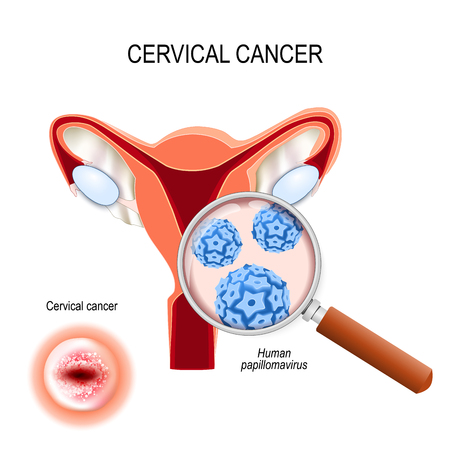If there’s anything you’ve heard and retained about HPV, it’s probably that it’s the leading cause of cervical cancer. While this is true—and a very important fact to remember—it’s not the only thing you need to know about HPV as a sexually active adult!
It’s important to educate yourself about common STIs and STDs so you can recognize symptoms, seek treatment early, and use the best practices for prevention. If you’re sexually active, regular STI/STD testing should be a priority for maintaining your health and wellness!
What Is HPV?
HPV stands for human papillomavirus, the most common sexually transmitted infection in the United States. Approximately 79 million men and women are infected by one of over 200 different strains. HPV is spread through vaginal, anal, and oral sex due to skin-to-skin contact rather than fluid exchange. Almost every sexually active man and woman will get the virus at some point in their life.
What Are the symptoms of HPV?
If you contract HPV, you most likely won’t experience any symptoms. The virus can sometimes cause genital warts or, in rare cases, warts in the throat.
What Is the Connection Between HPV and Cancer?
As mentioned earlier, HPV is the leading cause of cervical cancer, but it is also the preeminent cause of anal and oropharyngeal cancer (cancer of the back of the throat). Only a handful of the several hundred strains can result in cancer. HPV 16 and 18 are the highest risk, claiming responsibility for about 70% of all cervical cancer. The virus also causes half or more of all penile, vulvar, and vaginal cancer cases.
Being Diagnosed with HPV Does NOT Mean You Will Develop Cancer.
Few HPV-positive individuals will ever develop abnormal cells, let alone be diagnosed with cancer.
How Is HPV Diagnosed?
Since there are typically no symptoms associated with the virus, most people never even know they have HPV. For women, a routine Pap smear that delivers abnormal results is how HPV is identified. If your Pap smear has some irregularities, your gynecologist will likely do a follow-up Pap test and a cervical HPV test. There is no FDA-approved test for men.
How Is HPV Treated?
In most cases, your body will clear itself of HPV within two years of contracting it. Although there is no cure for the virus itself, symptoms and health issues that result from HPV can be treated. Genital warts, for instance, can be treated by your doctor with an office procedure or prescribed medication.
If HPV causes precancerous changes to your cervical cells, several steps can be taken. If you’re positive for a high-risk strain of HPV, they’ll likely perform a colposcopy—a cervix biopsy to be further tested for signs of cancer. If found, precancerous cells can then be removed from the cervix.
With routine testing, cervical precancer can be identified and treated before it develops into cancer.
Can HPV Be prevented?
You can protect yourself against HPV by using condoms during sexual activity and getting the HPV vaccine. The CDC recommends all men and women ages 11-26 receive the vaccine to reduce their risk of contracting the virus. Although this STI does not spread through bodily fluids, condoms can also lower your chances of getting HPV by providing considerable coverage during skin-to-skin contact.
Understanding the causes and risks associated with HPV is an important step toward prevention. Along with our educational resources, South Avenue Women’s Services provides the women of Rochester, NY, and surrounding areas with discreet and professional STI and STD testing.
Contact us today to schedule your appointment and to learn more about the other invaluable services we offer for women’s healthcare!

